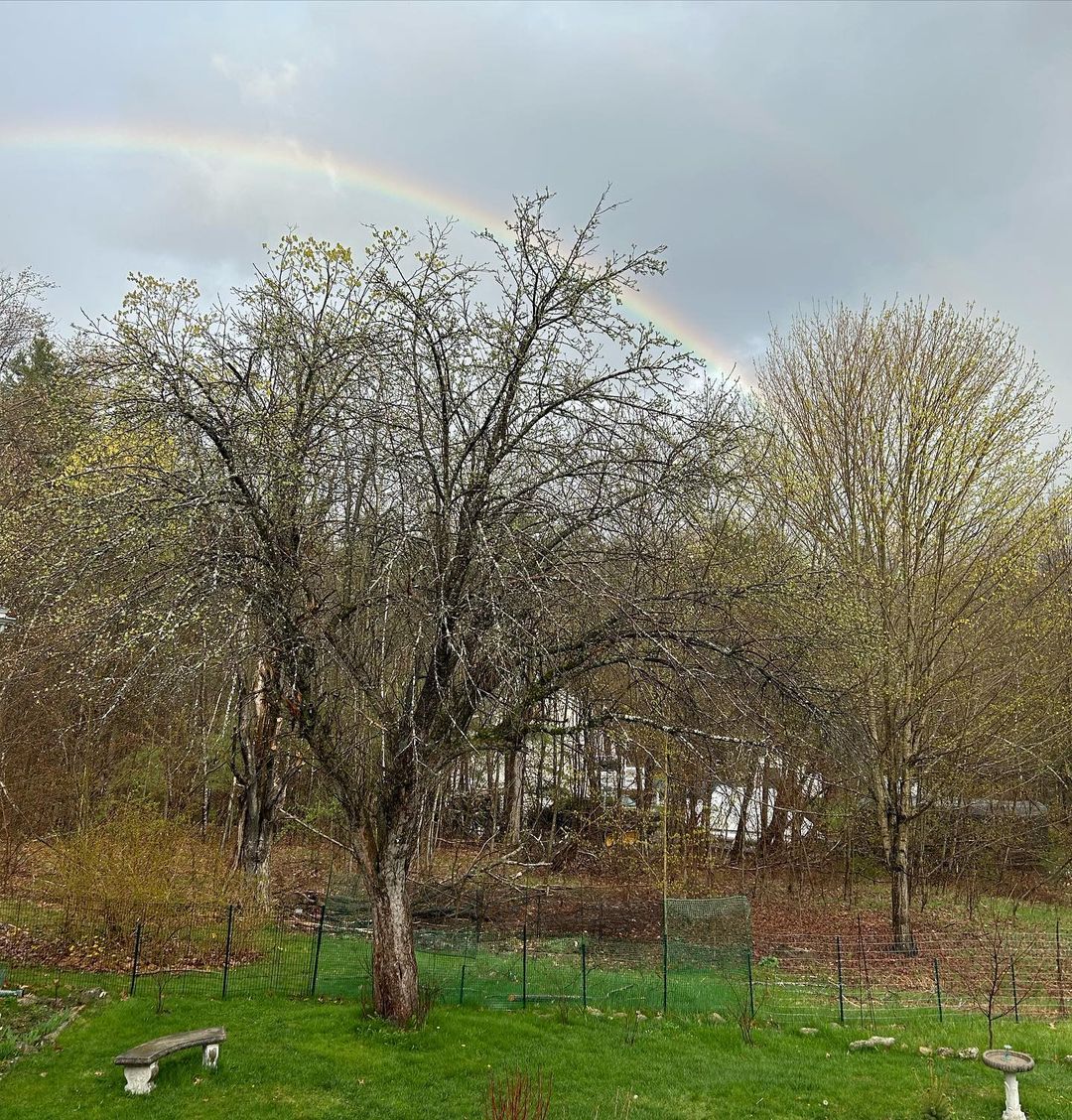Sometimes it's a stranger, and sometimes it's a structured homeschoolers wanting to know why you're not using a curriculum.
SandraDodd.com/response
photo by Cathy Koetsier
from a page on how much, if any, political angst/indignation a parent should collect and share—part of my response to a question, but there are others there:If the parent can't solve the problem, it doesn't seem productive to me for "the problem" to be brought into the unschooling nest, as it were. Because negative emotions (fear, guilt, sorrow, helplessness) can prevent or hamper learning. Unschooling works best in an atmosphere of contentment and hopefulness.
What ways have you found to continue your own learning? What kinds of things have you gotten interested in since having kids?Sandra Dodd's response:
My kids have introduced me to music, movies, games and humor I wouldn't have known otherwise. It's been wonderful. Kirby moved nearly two years ago, but he still sends me recommendations for things to see and hear. I've met lots of unschoolers and their children, and corresponded with 20 times as many; from them I've learned more and more about unschooling.
We don't have the television on all day.
You live there too, but if your priority is your children's learning, then limiting input is going to make that more difficult.
But suppose I have a block about, say, world history; if I let my child lead, and she never thinks to think about world history, and I never bring it up because it bores me to tears, might she not be missing out on something she might like?My response:
Movies, historical novels, biographies, costumes, historical recipes, museums—it couldn't be that ALL those things would bore a parent to tears. Textbooks bore nearly EVERYONE to tears.
How do you go about it without it feeling like/being bribery? I'm guessing it is in attitude and wording, but I can't imagine a way to word it that it doesn't sound like bribery to me...? Thanks for the idea!How do places of business get people to go to work without "bribery"?
In the dark? Feel your way blindly?
How will you know which way to go?
Probably it would be better to gather ideas that will help with decision-making and then make decisions in the bright light of everything you know, and the way you would like to be.

At what age did you begin providing regular social interactions with other children?I will say "from birth" and then I will ask you to replace "other children" with "other people."
I tend to err on the side of just spending time together.Don't think of it as erring.
Homeschooled kids get the opportunity to form friendships with people of all ages based on interests rather than birthyears. There's homeschooling support groups, scouts, art and dance and martial arts classes, 4H, church groups, neighborhood kids and so on. It can be more difficult depending on the town's services and the parent's willingness to take advantage of opportunities, but some homeschooling parents end up finding their kids social lives *too* active!—Joyce Fetteroll

